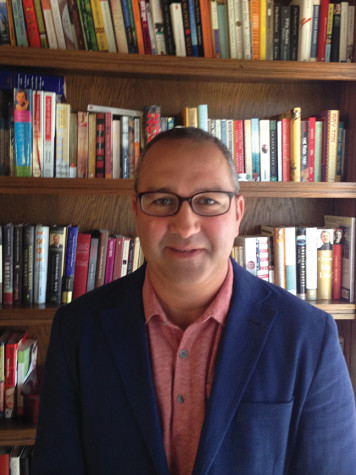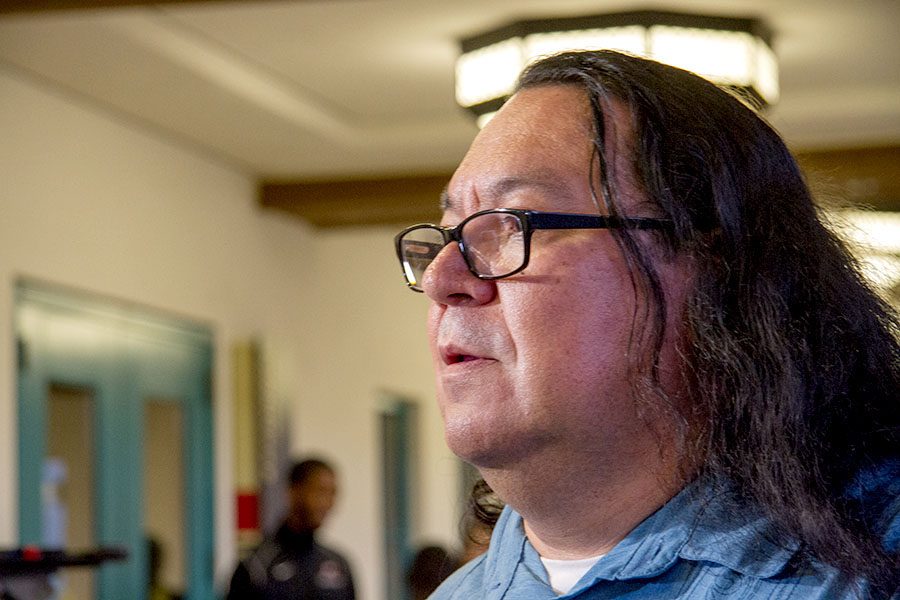A San Diego State researcher has found that a lack of resources and medical insurance for unauthorized migrants is prevalent throughout California.
SDSU sociology professor Enrico Marcelli and University of Southern California sociology, American studies and ethnicity professor Manuel Pastor combined community-based surveys and U.S. Census data to profile 14 cities across California, including City Heights, a diverse community just southwest of SDSU.
The data, collected by both Marcelli and Pastor, shows that an estimated one in four children living in City Heights have at least one unauthorized parent and that 75 percent of those children are U.S. citizens.
“These are the children who came to the United States illegally, but they were brought here by their parents and under Obama’s executive order, back in June of 2012, they can remain in the United States legally,” Marcelli said.
The Deferred Action for Childhood Arrivals program, first initiated by President Obama on June 15, 2012, temporarily suspends the deportation of children residing unlawfully in the U.S. who meet the criteria established under legislative proposals such as the DREAM Act.
Since implementation of the program, research conducted through the American Immigration Council showed nearly 60 percent of individuals in the DACA program who were surveyed have a new job since receiving DACA, and 45 percent have increased their earnings.
While children under these acts may receive medical insurance many of their parents still do not qualify, according to Marcelli and Pastor’s research. The data shows only 30 percent of the working age (between 25 to 64 years old) unauthorized population within City Heights have medical insurance coverage, compared to 83 percent for native born residents in the community.
“We know that when adults are not authorized even if their children are eligible for insurance, often times the parents will avoid going to a doctor or the hospital to get care for their children because the adults are unauthorized,” Marcelli said.
The data collected also shows that 62 percent of unauthorized immigrants in City Heights live in poverty.
“We know that people who are impoverished, even if they are subsidized, they have less money, they have fewer resources to allow them to miss work to go to the doctor to get the care they need,” Marcelli said.
The new research will help to give social workers and policymakers in City Heights a more accurate picture of the immigrant population there, allowing them to provide the necessary resources, he said.
Marcelli and Pastor’s research was funded by the California Endowment, a private statewide health foundation with a mission to “expand access to affordable, quality health care for underserved individuals and communities,” according to the foundation’s website.












